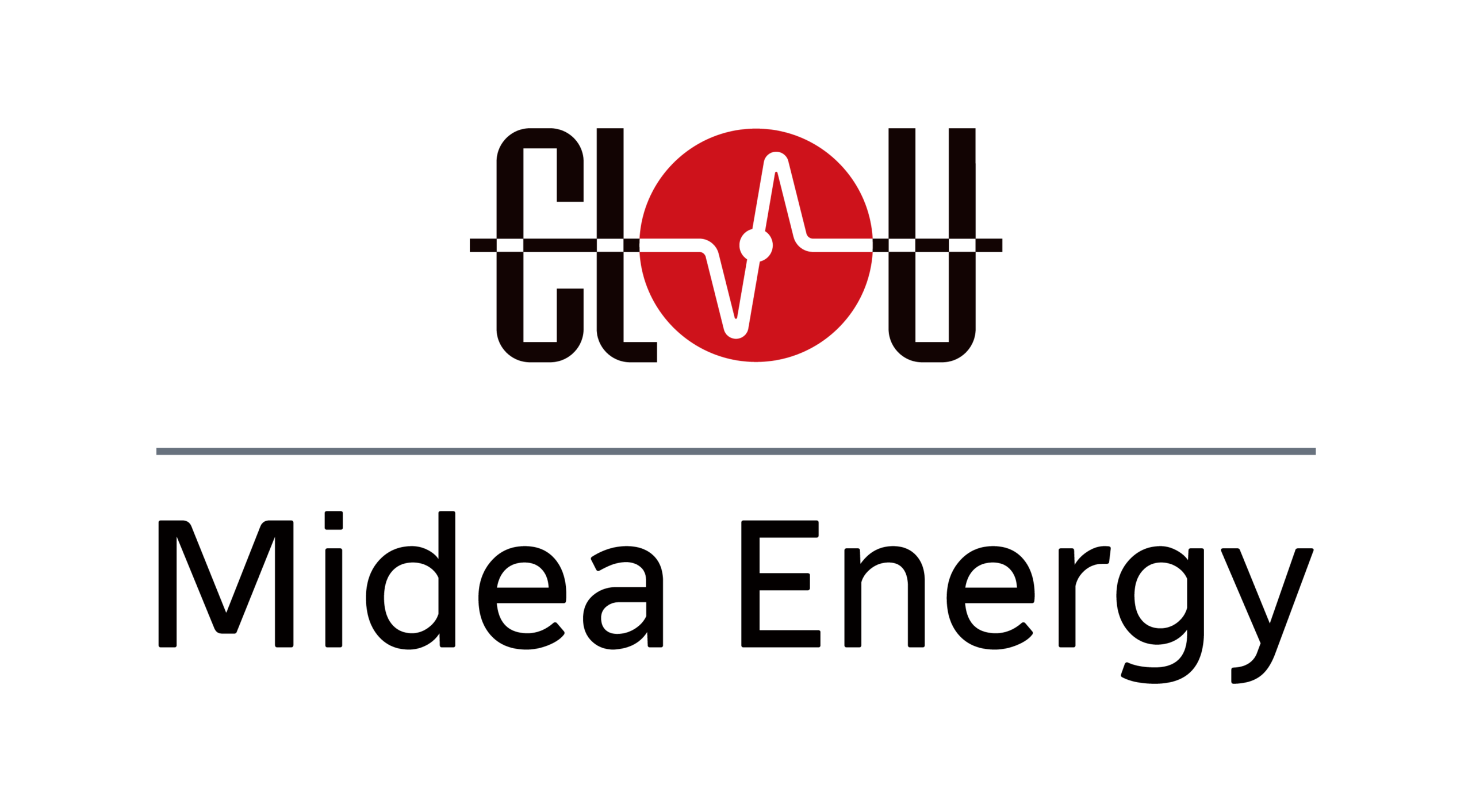In electrical energy metering, persistent myths can undermine trust in modern technology and complicate utility operations. Addressing these misconceptions is essential for informed decision-making and the reliable deployment of advanced metering infrastructure. This article examines common myths and provides factual explanations based on current (2025) industry standards and field experience.
Myth 1: Smart Meters Monitor Individual Appliance Usage in Real-Time
Some believe smart meters can identify and report the operation of specific household appliances. In reality, utility-installed smart meters measure total energy consumption (kWh) and, in some cases, power (kW) at set intervals—typically every 15 minutes or longer. They do not record or transmit data about individual appliances. Advanced load disaggregation techniques exist in research, but are not standard in utility metering. Data privacy regulations strictly control access and use of metering data.
Myth 2: Electromechanical Meters Are More Accurate Than Electronic Meters
There is a perception that traditional electromechanical meters are more reliable than modern electronic meters. Electromechanical meters are subject to mechanical wear, friction, and environmental influences, which can reduce accuracy over time. They often fail to register low loads and are sensitive to orientation and magnetic fields. Electronic meters use precision analogue-to-digital converters and microprocessors, providing stable and accurate measurements across a wide load range. They are tested and calibrated to international standards (IEC 62052-11, IEC 62053-21/22/23) and are less affected by environmental factors.
Myth 3: Magnets Can Disrupt Smart Meter Operation
The idea that placing a magnet on a smart meter will reduce energy registration is outdated. Modern electronic meters have magnetic shielding and tamper detection features. If a strong magnetic field is detected, the meter logs a tamper event and may trigger an alarm or switch to a default billing mode. Many meters use measurement principles that are not affected by static magnetic fields. Attempting to interfere with a meter is considered fraud and is subject to legal consequences.
Myth 4: Smart Meters Pose Health Risks Due to RF Radiation
Concerns about radiofrequency (RF) emissions from smart meters are common. Smart meters communicate using low-power RF signals, similar to or lower than those from Wi-Fi routers or mobile phones. Transmission occurs in short bursts, typically a few times per day. Meters are usually installed outside living areas, and building materials further reduce RF exposure. All smart meters must comply with international safety standards (e.g., ICNIRP, FCC), and health authorities have found no evidence of harm from RF exposure at these levels.
Myth 5: Utilities Manipulate Meters to Inflate Bills
Some customers suspect utilities can remotely alter meter readings or calibration to increase charges, especially during peak periods. Metering systems are governed by strict legal metrology frameworks. Meters are type-approved, sealed, and subject to independent verification and audit. Modern meters record detailed event logs and load profiles, which are accessible to regulators and, in many cases, consumers. Remote manipulation of meter accuracy is not possible within these frameworks, and any billing errors are typically due to system faults, not deliberate action.
Myth 6: Meters Do Not Require Periodic Verification
There is a belief that once installed, meters remain accurate for their entire service life. In practice, legal metrology regulations require periodic verification or replacement of meters, often every 10–15 years for residential applications. Utilities conduct statistical sampling and field testing using portable equipment. Meters that show irregularities are subject to laboratory testing. Advanced metering systems also monitor for abnormal readings or events, allowing for early detection of potential issues.
Takeaway
Addressing myths in electrical metering supports transparency, trust, and the effective implementation of advanced technologies. Modern electronic meters, including those used in AMI systems, provide high accuracy, robust tamper resistance, and compliance with international safety and metrology standards. Ongoing verification, transparent data practices, and adherence to legal frameworks ensure reliable billing and system integrity. Utilities, engineers, and customers all benefit from a clear understanding of how metering systems operate.
Looking for reliable, accurate, and future-proof metering solutions? CLOU offers a comprehensive portfolio of electronic energy meters, smart meters, and advanced metering infrastructure systems. Our products are designed to meet international standards, support multiple communication technologies—including RF, PLC, and 4G/LTE—and deliver precise measurement and robust data security. Whether you need residential, commercial, or industrial solutions, CLOU's expertise ensures seamless integration, efficient operation, and dependable performance. Contact us Contact Us today to learn how our technology can support your utility's goals and simplify your metering processes.
Contact Us today to learn how our technology can support your utility's goals and simplify your metering processes.







All comments are moderated before being published. Inappropriate or off-topic comments may not be approved.